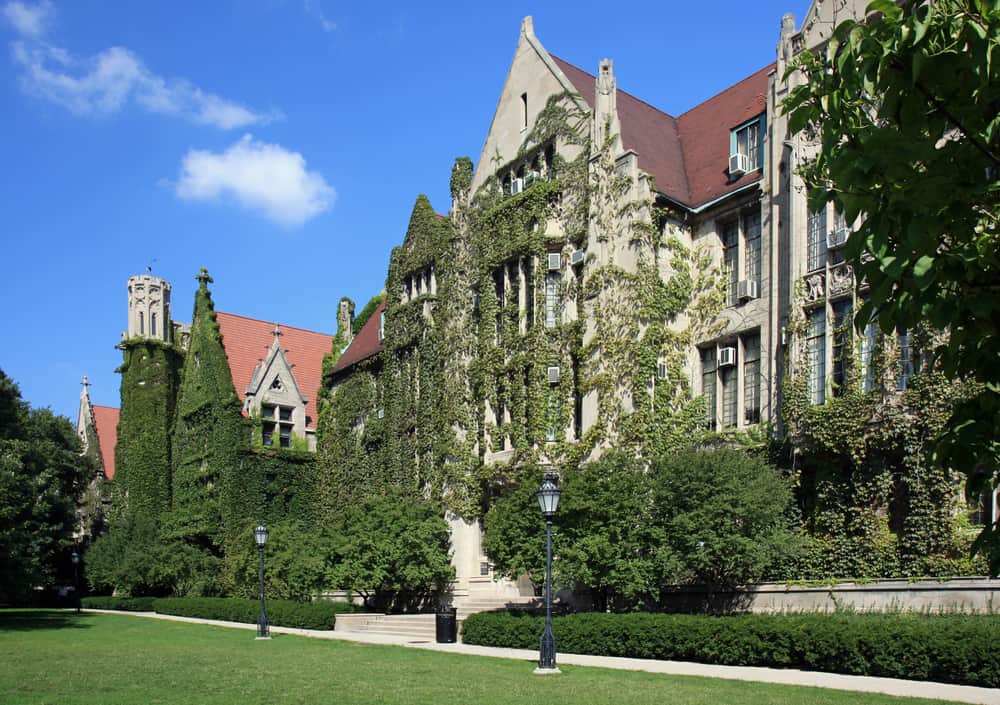
How do you evaluate a college’s learning disability services?
Today I’m sharing some questions that parents and students should ask when visiting a school (or contacting a disability office by phone.) Joy App, a college consultant in Houston, who was my source for my last post on learning disabilities, provided the questions that you’ll see below.
Like other college-bound students, those with learning differences or ADHD should make a point of visiting colleges before applying. However, in addition to visiting the admissions office, these students should also make a beeline to the Office of Disability Services to look for another type of match: support services with the appropriate accommodations for their needs.
Although all colleges are required by law to offer support services and accommodations, the level of support and types of accommodations available to students with learning differences varies widely from campus to campus, ranging from basic to comprehensive.
A visit to the Office of Disability Services is an opportunity to ask about the availability of support and accommodations that will help the student be successful in college by putting him or her on a level playing field with peers.
Questions to Ask a Disability Office
Here are important questions to ask:
- How current must my testing be to to apply for accommodations?
- How many students use your services?
- What Assistive Technology (AT) services do you offer? Do you have an AT expert on staff?
- What accommodations do you offer? What are the procedures and timelines to receive them?
- How many Disabilities Support counselors do you have on your staff? Do they act as liasions?
- If a professor is not in compliance regarding the student’s needed accommodations, how is the situation resolved?
- What is the procedure to get extended time on exams? How much notice is required? Do students arrange extended time with professors or through the Disabilities Services Office?
- Where do students take exams? Who proctors?
- What do you consider the most difficult majors/classes for Disabilities Support students on this campus?
- Will I have both an advisor in the Disabilities Services Office and a regular academic advisor? If both, how will the two advisors work with each other?
- What is the four-year graduation rate for students with learning disabilities similar to mine?
- Do you track students who have used your services after graduation? If so, what do your findings show about their success after graduation?
LD Red Flags
Two red flags to watch out for when evaluating campus disabilities services:
- The personality of the director or staff member is off-putting. This is paramount since she/he represents the personality of the department.
- The college Disabilities Services Office website is not user friendly or is difficult to locate.
As with admissions meetings, students should prepare ahead of time for their meeting with the Disabilities Services Office. Practicing the questions they want to ask with a parent or other adult beforehand can be helpful, so that they avoid having to read questions from a script. It is perfectly fine for the student to take notes.
Ideally, the student should also meet with a successful current DS student while on campus. Rest assured this process gets easier with each campus visit.
Learn More:
If you missed my last post on this topic, here it is:
Colleges for Students With Learning Disabilities

Lynn,
I would love to see a comparable post about how well colleges support students with chronic medical problems. While there are some parallels with disability supports, many students with Chron’s, Lyme, POTS, etc, have very different needs. My child is a junior and we are not finding much information on this topic out there. Any resources you can suggest would be helpful. Thanks.
Two additional questions I learned from having a relative with ADHD:
+ Does the office for students with disabilities act as a liaison between the students and their professors or does it help the student to self advocate?
I would imagine that a student at a larger school such as the University of Arizona is going to need more help with the faculty and navigating the college catalog more than a student at Landmark or Mitchell, which are more personalized in their approach to educating learning-disabled students. A counselor at the University of Arizona and similar schools might want to steer students from courses that are graded on curves, as one example.
+ Are the services limited (numbers of visits, advising sessions, among others) within the tuition and fees paid by the student and their family, or are they unlimited?
When I looked at the K&W Guide, I saw that some schools tack on extra fees for services.